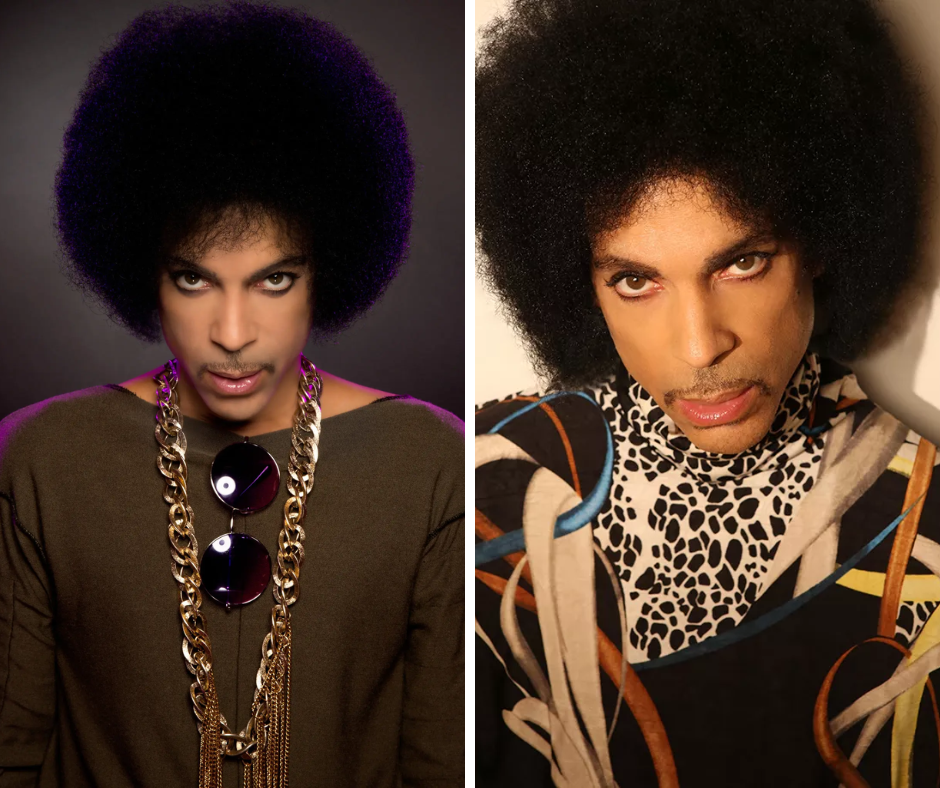Exploring the Creation of Paisley Park Enterprises and Its Impact on the Music Industry
Paisley Park Enterprises, founded by legendary artist Prince in 1985, remains one of the most influential creative complexes in music history. Located in Chanhassen, Minnesota, Paisley Park served as Prince’s personal recording studio, production facility, and artistic sanctuary. More than just a place to record music, Paisley Park was a manifestation of Prince’s vision for an environment centered around creative freedom and innovation. Over its decades of operation, Paisley Park left an indelible mark on the music industry through technological advancements, genre-blurring productions, and inspiration for independent artists.
Prince established Paisley Park to liberate himself from the constraints of traditional record labels and studios. As his star rose in the 1980s, Prince grew frustrated with the commercial pressures exerted by his label, Warner Bros. Records. He desired complete artistic control over his music and total ownership of his masters. Paisley Park provided the solution by allowing Prince to self-produce without external interference.
Spread across 65,000 square feet, Paisley Park featured state-of-the-art recording studios, sound stages, editing facilities, and offices. It was one of the most advanced and well-equipped music production complexes of its time. Three main studios, named Studio A, B, and C, were outfitted with the latest recording technology, consoles, and instruments. The sound stages provided expansive rehearsal and performance spaces, while editing bays allowed for quick post-production of music videos and films.
Beyond its technical capabilities, Paisley Park’s greatest attribute was its emphasis on creative freedom. Unlike traditional studios beholden to record labels and executives, Paisley Park fostered an environment where experimentation and artistic risk-taking were encouraged. Prince often invited fellow musicians to live at Paisley Park, immersing themselves in the creative process with round-the-clock studio access. This residency program cultivated numerous genre-bending collaborations that might not have been possible elsewhere.
The albums recorded at Paisley Park dramatically impacted the music industry. Prince’s landmark 1987 double-album “Sign o’ the Times” showed off the studio’s pristine sound quality while highlighting his genre-blurring songwriting. Other influential LPs like Madonna’s “Like a Prayer” and Sheena Easton’s “The Lover in Me” demonstrated Paisley Park’s versatility in accommodating different styles of artists. The albums produced there became blueprints for advanced recording techniques that studios worldwide sought to emulate.
In addition to music, Paisley Park contributed greatly to the film and television industries. Prince’s 1984 film “Purple Rain” and 1986 film “Under the Cherry Moon” were shot and edited on-site. Music videos for Prince and other signed artists debuted new production standards. Paisley Park established itself as a one-stop-shop for multimedia creations, far ahead of its time.
Perhaps Paisley Park’s greatest impact came through inspiring artists to take control of their careers. The model of independence represented by Prince and Paisley Park resonated strongly within the music community. Frustrated musicians saw Prince’s success outside the label system as proof that self-ownership was possible. Paisley Park became a symbol of artistic autonomy, fueling the rise of independent labels in later decades.
After Prince’s tragic passing in 2016, Paisley Park underwent a transformation into a museum, concert venue, and cultural landmark. It has welcomed over 700,000 visitors annually, preserving Prince’s legacy as one of music’s most visionary creative forces. Even in his absence, Paisley Park continues inspiring new artists to blaze their own paths. Modern independent labels still look to Prince’s example as a blueprint for empowering creativity without compromise.
Technologically, Paisley Park also raised the bar for studio standards industry-wide. Its pristine acoustics and cutting-edge equipment set a new threshold that other facilities strove to meet. Contemporary studios still reference Prince’s Paisley Park when upgrading their own facilities. Its innovations, from the mixing console to recording techniques, are embedded in best practices today.
More than three decades since its founding, Paisley Park’s impact persists in profound ways. Prince dreamed of a place where artists could freely explore their potential, unburdened by corporate mandates. Through its enduring legacy as a creative sanctuary, Paisley Park ensures that vision lives on, empowering new generations of boundary-pushing musicians just as it once did. Its indelible mark transformed the music industry and left an example of independence and innovation that will inspire for years to come.



